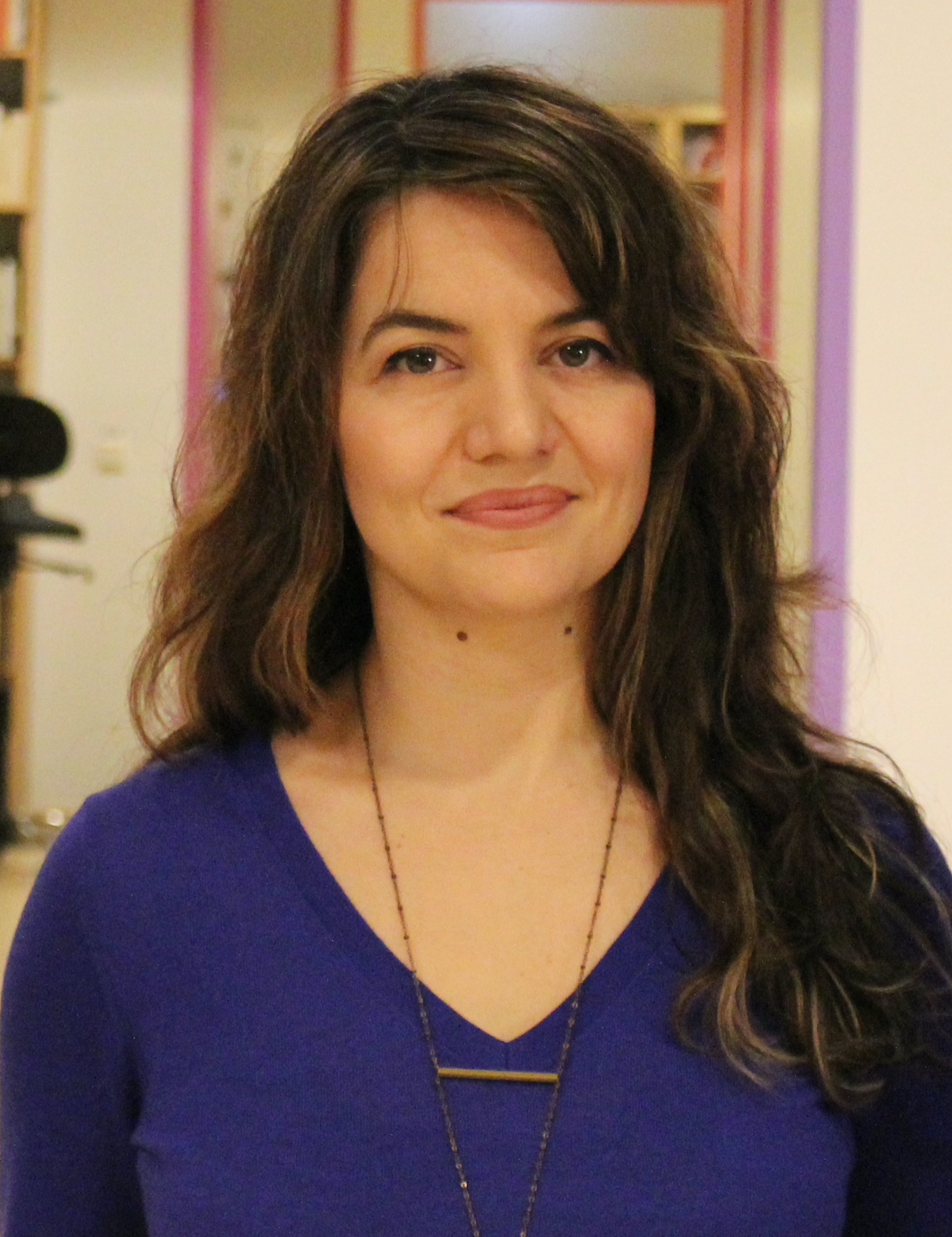Hülya Arik
Hülya Arik is an Assistant Professor at the Geography Department of University of Toronto, Canada. Her research centers on the tension between religion, secularism and security through studies on political Islam and Islamophobia, and on Muslim cultural politics with a focus on cultural and creative industries. Currently she explores the cultural and creative geographies of secularism and Islam in Turkey through a study of Islamic and traditional visual arts in Istanbul from the 1990s onwards. Before joining University of Toronto, Hulya was a postdoctoral researcher at the University of Gothenburg Cultural Sciences Department. She has published in academic journals such as Cultural Geographies, Gender, Place and Culture, Security Dialogue, and Social and Cultural Geography.
In 2023-24 Dr. Arik is running a Working Group at UTSC titled Creative geographies of Islam and Muslims in Scarborough, Toronto.
“This working group aims to create a network of students and scholars to gather around the question of “what is Islamic art?” and “what does Islamic art and creativity mean in the context of Muslim communities in Scarborough, Toronto?” With this working group we would like to create a space for discussions on the arts and culture of Islam and Muslims. We aim to facilitate discussions on the contested concept of “Islamic art” and how it manifests in the experience of UTSC students, and the communities they belong to. We will engage with the academic literature and the body of arts and cultures of Islam/Muslims in general, and we will bring our questions of the extent and limits of these generalizing labels and concepts down to the lived spaces and experiences of UTSC students.
The group involves faculty and students who are interested in Islamic arts and culture, primarily from U of T but also from other universities. Group activities will involve reading group meetings and a field trip to the Aga Khan Museum. Please get in touch if you would like to have more information and get involved at hulya.arik (at) utoronto.ca.”
Teaching
- JPG1816 Geographies of Secularism and Islam (UTSG)
- GGRA02 Geographies of Global Processes (UTSC)
- GGRC31 Qualitative Geographical Methods: Places and Ethnography (UTSC)
- GGRC02 Population Geography (UTSC)
Publications
- 2023 Arik, H. “Creative geographies of Islam: the case of Islamic and traditional visual arts scene in Istanbul” Cultural Geographies, 30 (3), p: 339-353 DOI: 10.1177/14744740211053611
- 2022 Arik, H., Cagatay, S., Liinason, M., Sasunkievich, O. “Unsettling political: Conceptualizing the political in feminist and LGBTI activism and arts beyond nation-bound and state-centric frameworks” International Feminist Journal of Politics, p: 1-24, DOI:10.1080/14616742.2022.2130806
- 2021 Arik, H. “Emotional and Corporeal Formations of Secularism: A Case Study of Military Bases in Turkey, 1980s-2000s” Social & Cultural Geography.22 (1), 97-118,DOI: 10.1080/14649365.2018.1559344
- 2018 Arik, H. “Secular risk governance and the Turkish military’s battle with political Islam, 1980s-2000s”. Security Dialogue, 49 (4): 306–323.DOI: 10.1177/0967010618775021
- 2016 Arik, H. “Security, secularism and gender: the Turkish military's security discourse in relation to political Islam”, Gender, Place & Culture, 23 (5): 641-658.DOI: 10.1080/0966369X.2015.1034242
- 2012 Arik, H. “Speaking of Women? Exploring Violence Against Women Through Political Discourses: A Study of Headscarf Debates in Turkey” E-cadernos CES, 16: 10-31.
People Type:
Roles:
My current research focus is on the cultural geographies of secularism and Islam in Turkey through a study of Islamic and traditional visual arts in Istanbul from the 1990s onwards. This research aims to unravel the cultural politics of Islam and its entanglement with neoliberalism as manifested in the emergence of this new cultural industry that developed primarily through involvement of young pious women artists. Muslim and feminist geopolitics, urban and cultural geographies of Islam and critical approaches to cultural and creative industries in non-European contexts emerge as the leading themes in this research project.
- feminist geography and geopolitics
- critical geographies of secularism and Islam
- cultural geography
- geographies of creativity
- Islamic arts and culture



